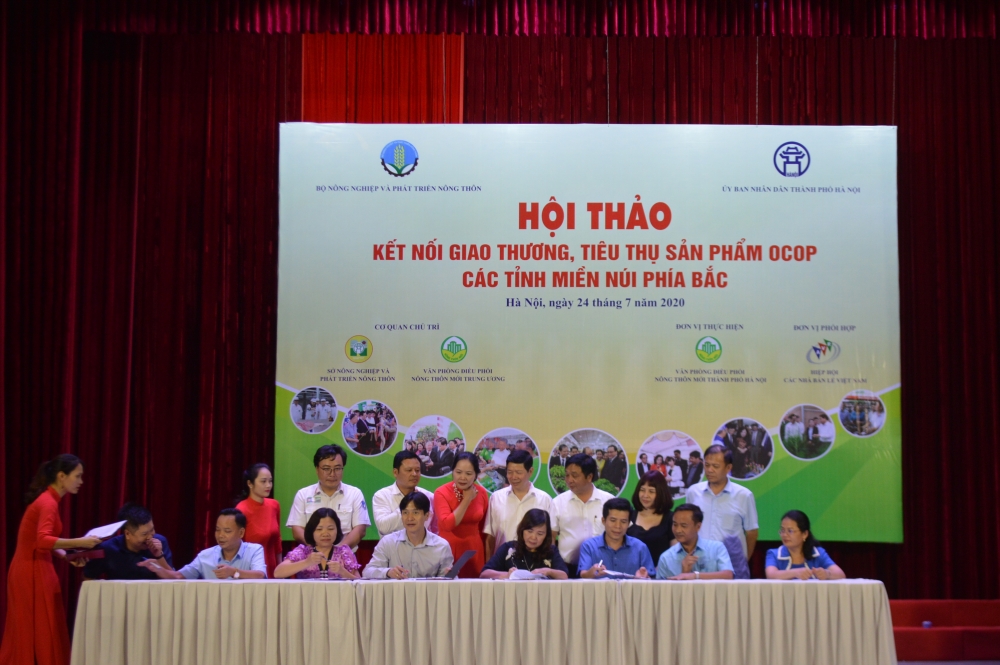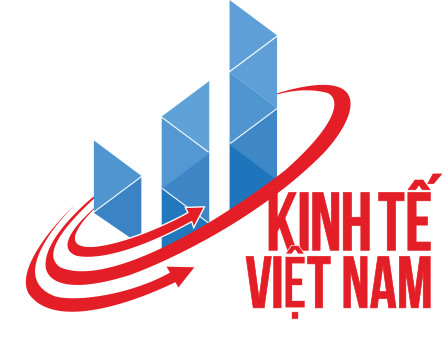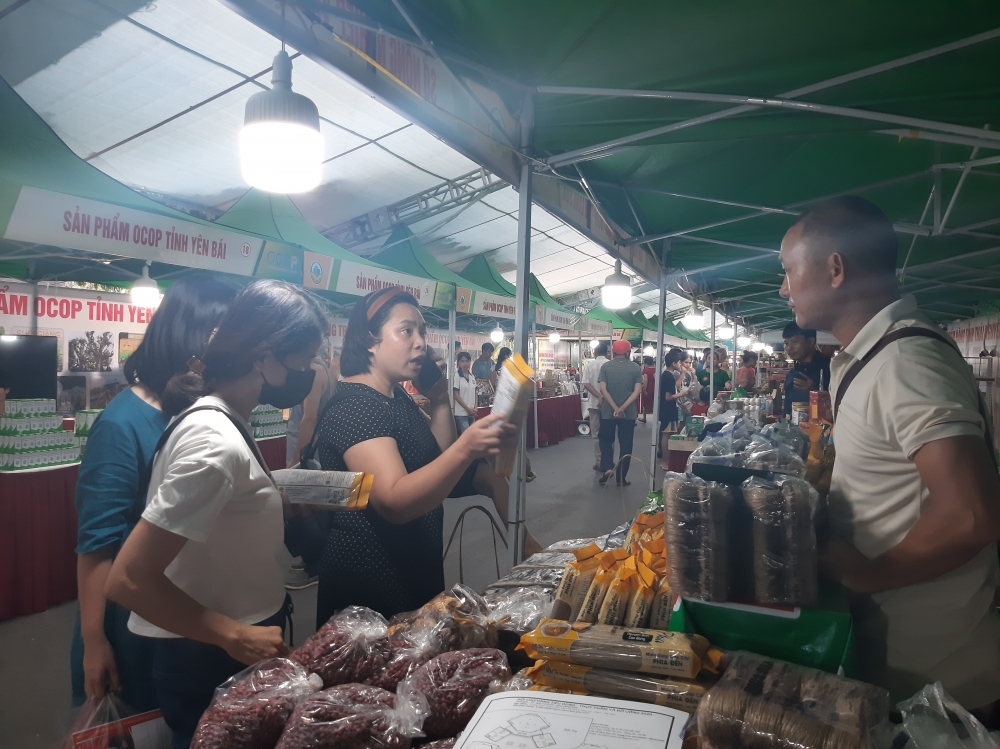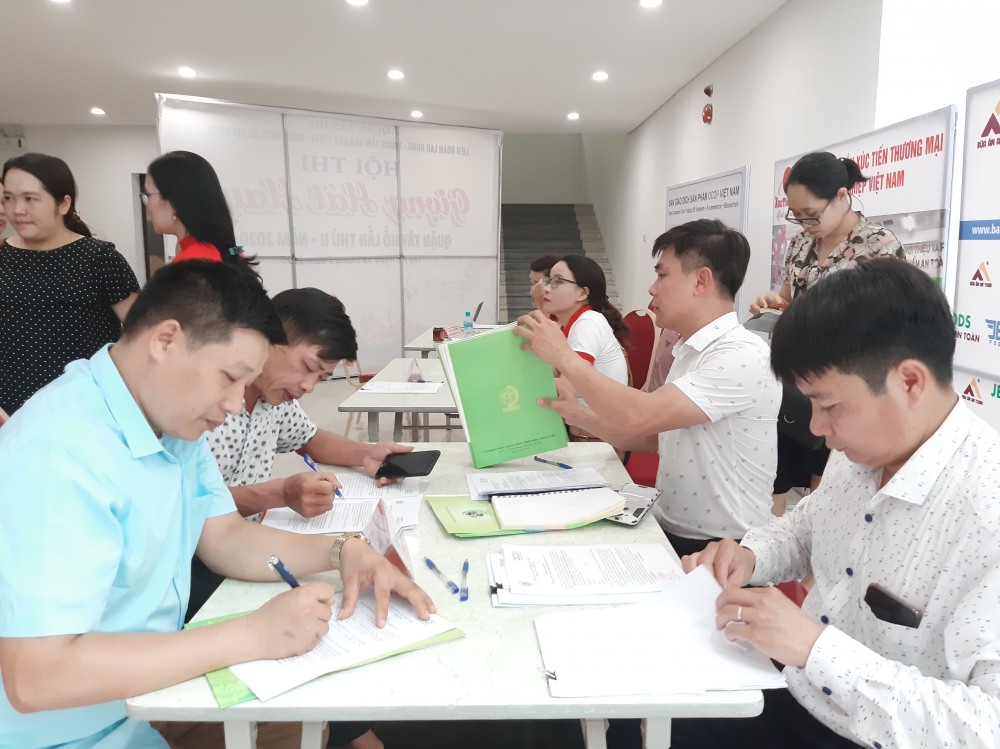 |
| OCOP establishments signed cooperation agreements on product sales on the sidelines of a conference promoting OCOP product trade exchange between Hanoi and northern mountainous provinces |
OCOP product ranking
According to the Hanoi Coordination Office on New Rural Development, as of the end of 2019, Hanoi recognized 301 OCOP products, including six five-star products, 207 four-star products, and 88 three-star products, 0.3 percent higher than the year target.
The agency has also worked with city and central media agencies this year in promoting the OCOP program. The city’s suburban district of Dong Anh alone ranked more than 230 OCOP products this year.
The capital has announced it would spend VND265 billion (US$11.4 million) on the OCOP program to boost the agricultural economy and rural development.
|
Under the program for 2019 and 2020, all managers of the OCOP program at municipal, district and commune levels and leaders of organizations, enterprises, cooperatives and individuals who register to join will undergo training to improve capacity.
The OCOP program mainly focuses on developing agricultural, non-agricultural, and service-based products by tapping the advantages of each locality in order to build new style rural areas and restructure agricultural production.
According to Nguyen Van Chi, Deputy Head of the Hanoi Coordination Office on New Rural Development, the OCOP program is still facing difficulties related to inadequate product description and ranking by producers. No OCOP tourist offerings and OCOP products featuring traditional cultures have been developed, he said.
Hoang Thi Huyen, Deputy Head of the Hanoi Coordination Office on New Rural Development said Hanoi should take advantage of craft villages and farm specialties to implement the program,
Over 7,000 suitable products
The city has 7,200 products suitable for six OCOP groups including food products, souvenirs and home decorations, and textile and garment products.
Despite the fact that Hanoi is beginning the initiative later than other localities, the city is striving to have up to 1,000 products qualified for the OCOP standards.
The city will support a tracing system for agricultural products, as well as trade connection and training for officials and households who join the program.
|
It will also adopted at least two models to link handicrafts with tourism. It will look to improve the origin tracing system for agro-forestry-fishery products and develop a website for state management and demand-supply connectivity related to Hanoi’s OCOP products.
Initially, Hanoi’s OCOP program will focus on product groups including food, beverages, herbs, fabric, souvenirs, home decoration and agricultural tourism.
Participants will receive support to invest in equipment for production, to design and register brands, access capital, hire experts and distribute goods, Huyen said.
OCOP product promotion
With a population of more than 10 million, Hanoi has become a giant consumer of farm produce in the northern part of the country. Apart from preparing profiles of potential products for export and five-star ranking, Hanoi has been promoting trade in OCOP products, including increasing the presence of its own products and those of other localities in supermarkets, and safe farm produce and fine art and handicraft stores, in order to increase domestic and foreign recognition of OCOP products.
A fair introducing special agricultural products from northern mountainous provinces was held on July 24 in Hanoi. The fair, co-organized by the Ministry of Agriculture and Rural Development and the Hanoi People's Committee, was designed to introduce agricultural products from 15 provinces participating in the OCOP program.
Affirming that trade fairs and conferences provide opportunities for businesses to promote their OCOP products, Do Hoang Thach, Director of the Vietnam Agricultural Trade Promotion Joint Stock Company said the OCOP program is very significant for businesses. Apart from trade promotion, ensuring product quality should be a top priority, Thach said.
While retailers welcome and want to diversify OCOP products on the shelf, many OCOP product makers and suppliers lack product certificates or provide expired product certificates, undermining the prestige of both producers and retailers.
Nguyen Minh Tien, Head of the Central Coordination Office on New Rural Development said Hanoi is home to a large number of craft villages, with huge potential for OCOP product development, and has become a major consumer of OCOP products.
Craft production
The capital has 1,350 craft villages, accounting for 60 percent of the country’s total. These craft villages are diversified and cover different trade groups including processing forest and agricultural products, lacquer, bamboo, embroidery, mechanics, sculptures and garments. Handicraft production associated with rural culture has often developed into a profession, such as the carpentry village of Chang Son in Thach That District. Bat Trang Commune, which has thousands of households engaged in pottery production, is another typical example.
OCOP product branding and development in accordance with food safety and environmental standards are important for Hanoi and other localities nationwide, Tien said.
To speed up program implementation, Deputy Minister of Agriculture and Rural Development Tran Thanh Nam said it was necessary to get the political system involved in exploiting the program’s advantages to serve rural economic development.
Each locality including Hanoi should seize opportunities and restructure production, linking producers with markets and creating more high value products for OCOP programs, he said.










